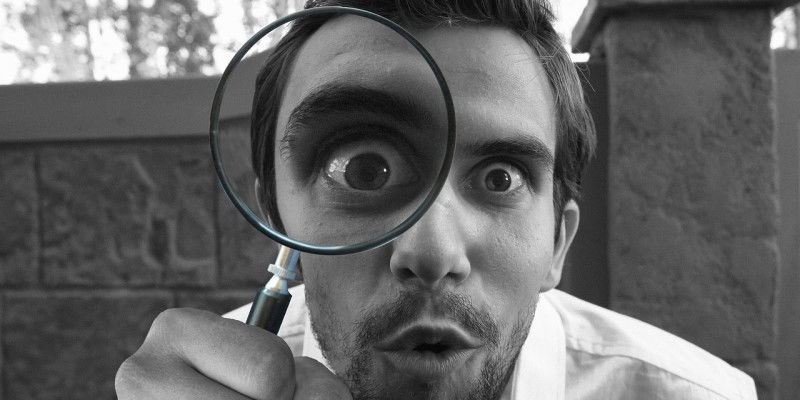Self-regulation is a term that refers to the ability to manage one’s thoughts, emotions, and behaviors in order to achieve a desired goal. It involves being able to control impulses, regulate emotions, and adapt to changing circumstances. Self-regulation is a crucial skill that is essential for success in various aspects of life, including academics, career, relationships, and overall well-being.
There are several key skills and strategies that can help individuals improve their self-regulation abilities:
1. Self-awareness: Being able to recognize and understand one’s own thoughts, emotions, and reactions is essential for self-regulation. It involves being mindful of one’s internal state and being able to identify triggers that may lead to uncontrolled behavior.
2. Emotion regulation: Managing emotions effectively is a key aspect of self-regulation. This includes being able to calm oneself down when feeling overwhelmed, redirecting negative emotions, and expressing emotions in a healthy way.
3. Impulse control: Being able to resist immediate impulses and delay gratification is another important skill for self-regulation. This involves being able to think before acting, consider consequences, and make informed decisions.
4. Goal setting: Setting clear and achievable goals is essential for self-regulation. Having a clear direction and purpose helps individuals stay focused and motivated to work towards their desired outcomes.
5. Time management: Being able to manage time effectively and prioritize tasks is crucial for self-regulation. This involves setting deadlines, breaking tasks into smaller steps, and avoiding procrastination.
6. Stress management: Learning how to cope with stress and pressure is important for self-regulation. This includes using relaxation techniques, seeking social support, and maintaining a healthy work-life balance.
7. Problem-solving: Having strong problem-solving skills helps individuals overcome obstacles and challenges, which is important for self-regulation. This involves being able to analyze situations, generate solutions, and make decisions based on logic and reason.
8. Self-control: Being able to control impulses and resist temptations is a key aspect of self-regulation. This involves being able to delay gratification, regulate eating habits, and resist addictive behaviors.
9. Flexibility: Being able to adapt to changing circumstances and adjust one’s strategies when necessary is important for self-regulation. This involves being open to new ideas, being willing to learn from mistakes, and being able to change course when needed.
In conclusion, self-regulation is a critical skill that can help individuals succeed in various aspects of life. By developing key skills and strategies such as self-awareness, emotion regulation, impulse control, goal setting, time management, stress management, problem-solving, self-control, and flexibility, individuals can improve their ability to manage their thoughts, emotions, and behaviors effectively. By cultivating these skills, individuals can enhance their overall well-being and achieve their desired goals.



